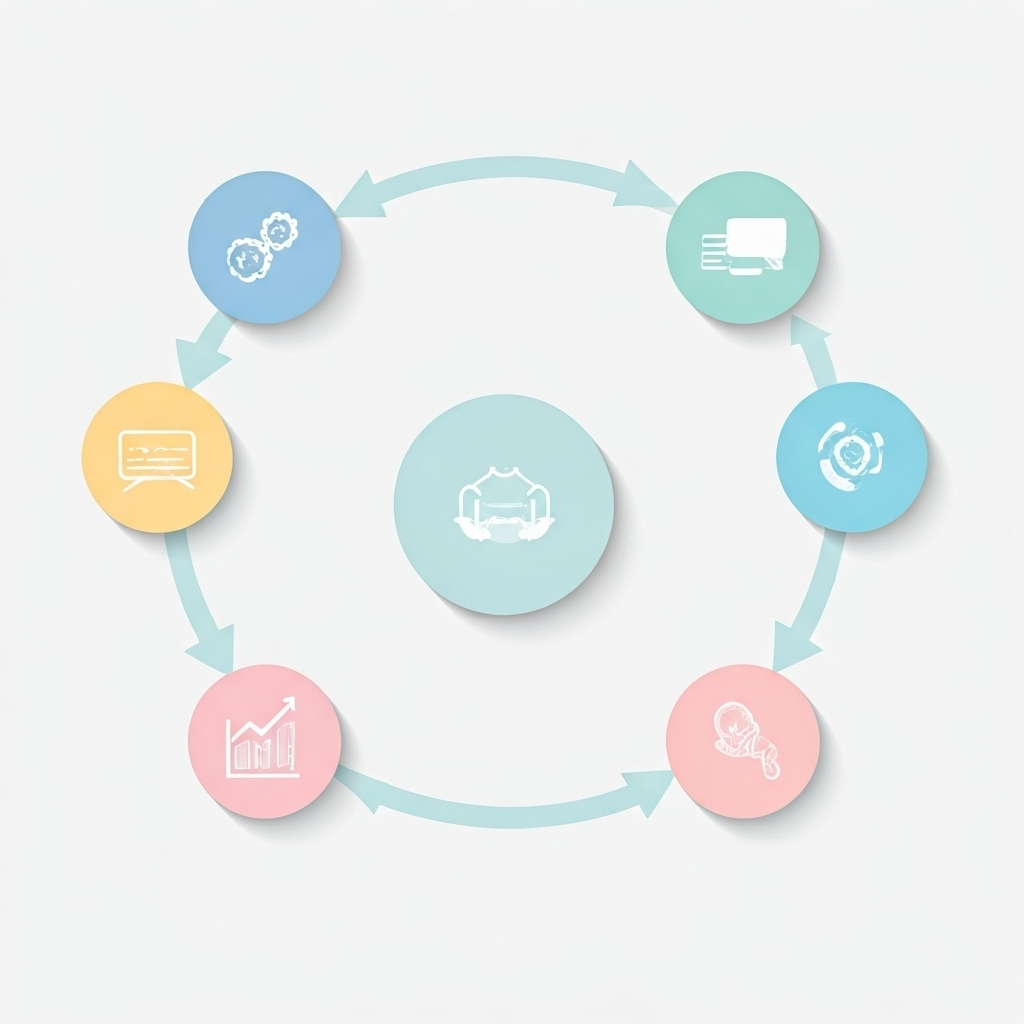Introduction
Time is the one resource you can never get back. However, with the right systems in place, you can reclaim lost hours. Workflow automation is one of the most powerful tools for saving time, reducing errors, and boosting productivity. In fact, when applied correctly, you can easily save 20 hours a month or even more.
In this article, you will discover how workflow automation works, why it matters, and which strategies can help you maximize your efficiency.
1. Eliminate Repetitive Tasks
First of all, identify tasks that take up too much time. For example, entering data manually or copying information between apps slows you down. With task automation, you can connect apps so that data moves automatically. As a result, you spend less time on busy work and more time on high-value activities.
2. Automate Email Responses
Email is necessary, but it can also be a huge time sink. By using automation tools, you can set up templates and rules for common responses. Therefore, instead of typing the same messages repeatedly, the system takes care of it. This simple change can save hours every single week.
3. Streamline Approvals
Approvals often get stuck in someone’s inbox. Consequently, projects stall. With business automation, you can set rules so that approvals route directly to the right person, and reminders are sent automatically. In turn, decisions happen faster, and you avoid bottlenecks.
4. Use Scheduling Tools
Booking meetings is another repetitive task. Instead of exchanging endless emails, use a scheduling tool that syncs with your calendar. Not only does this save time, but it also eliminates confusion. Furthermore, it ensures you remain in control of your availability.
5. Automate Social Media Posts
Consistency matters in marketing, yet posting manually drains your energy. Fortunately, workflow automation allows you to schedule posts across platforms at once. As a result, your brand stays active, while you focus on other important work.
6. Integrate Your Business Apps
Switching between apps wastes both time and concentration. However, with integrations, you can connect tools such as Slack, Trello, or Google Drive. Once integrated, updates happen instantly. Consequently, your team always has the latest information without manual effort.
7. Track Performance Automatically
Reporting is essential, but pulling numbers manually is exhausting. Instead, automate your analytics. Dashboards can refresh automatically, providing real-time insights. Moreover, you can set alerts for specific metrics, so you never miss a trend.
Conclusion
When you combine these strategies, saving 20 hours a month with workflow automation is not just possible, it is inevitable. By cutting repetitive tasks, streamlining communication, and automating reporting, you create more space for innovation and growth.
So, start small, choose one area to automate today, and gradually expand. Eventually, you will notice not only more free time but also less stress and higher productivity.



